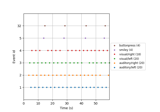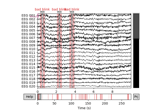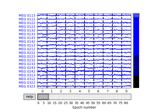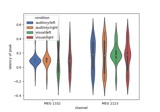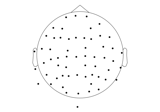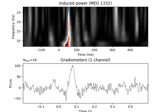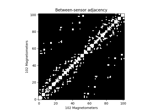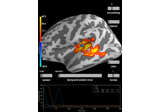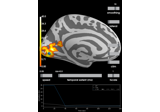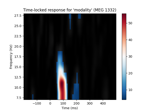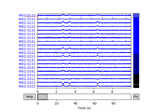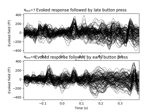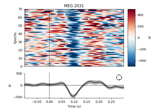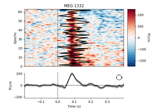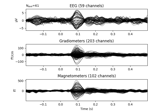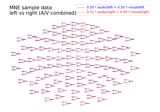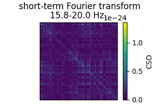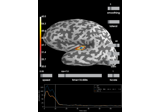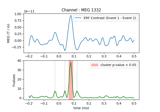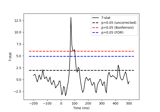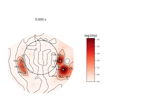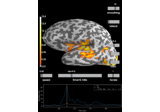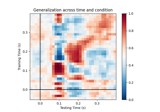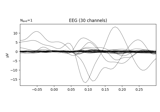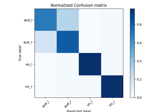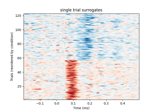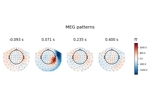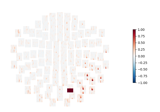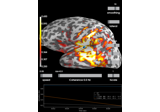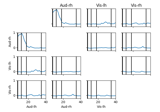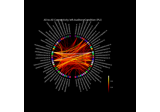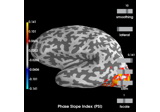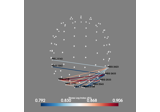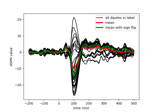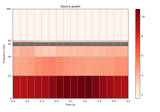mne.read_events¶
-
mne.read_events(filename, include=None, exclude=None, mask=None, mask_type='and', return_event_id=False, verbose=None)[source]¶ Read events from fif or text file.
See Parsing events from raw data and Working with events for more information about events.
- Parameters
- filename
str Name of the input file. If the extension is .fif, events are read assuming the file is in FIF format, otherwise (e.g., .eve, .lst, .txt) events are read as coming from text. Note that new format event files do not contain the “time” column (used to be the second column).
- include
int|list|None A event id to include or a list of them. If None all events are included.
- exclude
int|list|None A event id to exclude or a list of them. If None no event is excluded. If include is not None the exclude parameter is ignored.
- mask
int|None The value of the digital mask to apply to the stim channel values. If None (default), no masking is performed.
- mask_type‘and’ | ‘not_and’
The type of operation between the mask and the trigger. Choose ‘and’ (default) for MNE-C masking behavior.
New in version 0.13.
- return_event_idbool
If True,
event_idwill be returned. This is only possible for-annot.fiffiles produced with MNE-Cmne_browse_raw.New in version 0.20.
- verbosebool,
str,int, orNone If not None, override default verbose level (see
mne.verbose()and Logging documentation for more). If used, it should be passed as a keyword-argument only.
- filename
- Returns
See also
Notes
This function will discard the offset line (i.e., first line with zero event number) if it is present in a text file.
For more information on
maskandmask_type, seemne.find_events().
